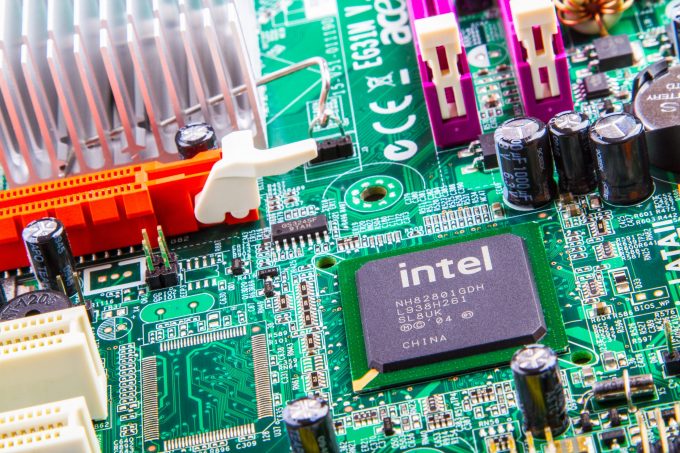Road to rail shift gains traction and funding in EU and US
The European Commission (EC) has approved a €1.7bn German state aid scheme to support rail ...

The EU is setting out a plan worth €43bn ($49bn) to bring production of semiconductors to Europe in the wake of the shortage of chips from Taiwan and South Korea.
Factors involved in the chip shortage include Covid outbreaks and supply chain disruptions at Ningbo and ...


Comment on this article